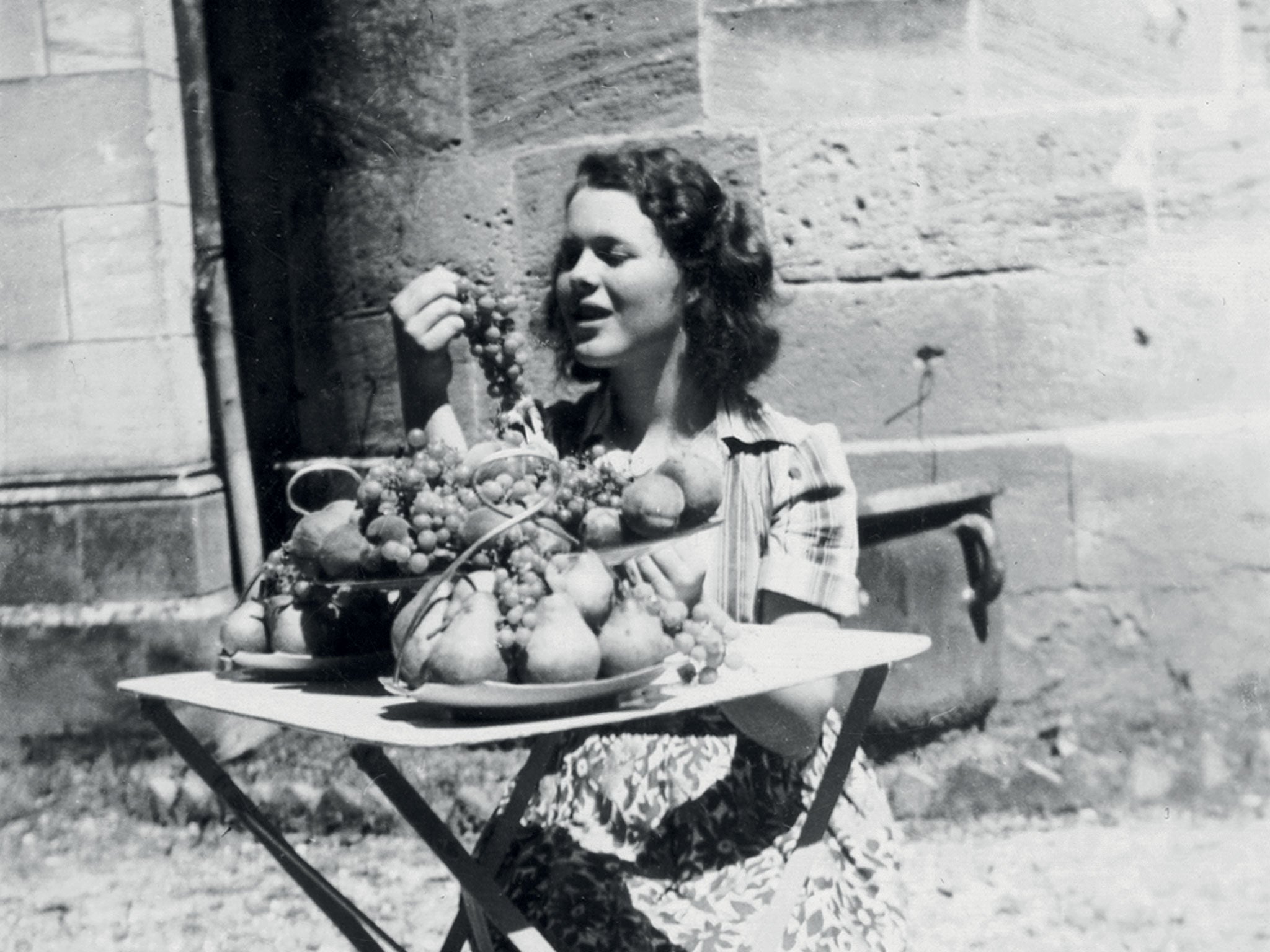My History: A Memoir of Growing Up by Antonia Fraser, book review
Lady Antonia Fraser puts the spotlight on her own fascinating early life

Your support helps us to tell the story
From reproductive rights to climate change to Big Tech, The Independent is on the ground when the story is developing. Whether it's investigating the financials of Elon Musk's pro-Trump PAC or producing our latest documentary, 'The A Word', which shines a light on the American women fighting for reproductive rights, we know how important it is to parse out the facts from the messaging.
At such a critical moment in US history, we need reporters on the ground. Your donation allows us to keep sending journalists to speak to both sides of the story.
The Independent is trusted by Americans across the entire political spectrum. And unlike many other quality news outlets, we choose not to lock Americans out of our reporting and analysis with paywalls. We believe quality journalism should be available to everyone, paid for by those who can afford it.
Your support makes all the difference.Lady Antonia Fraser begins this memoir of her youth with a quotation from historian George Macaulay Trevelyan that captures the allure of history. The idea that "once, on this familiar spot of ground, walked other men and women" from ages past, "gone as utterly as we ourselves shall shortly be gone like ghosts at cockcrow".
Fraser – whose books as a biographer have included studies of Thomas Cromwell, the Gunpowder Plot, Marie Antoinette and the Great Reform Bill – goes on to outline how she first fell in love with the subject. When she was a girl her aunt Mary Pakenham, a writer and historian, gave her a copy of Our Island Story by Henrietta Elizabeth Marshall.
Her reaction to the volume went beyond commonplace precocity: at four years old not only could she read but she became convinced that she too could write the histories of women such as Queen Matilda, Flora MacDonald, Joan of Arc and Mary, Queen of Scots (which indeed she did, publishing her first bestselling book in 1969 at the age of 36). When she was at her convent school in Ascot she became so focused on taking the history prize that, during prayer, she promised God that she would devote herself to the subject if she won. After submitting a paper on Marie Antoinette's mother, the Empress Maria Theresa – whose names she took at her Confirmation – one of the nuns announced: "I have to tell you with much pleasure that the history prize has been won by Antonia Pakenham." She paused before she continued: "I also have to tell you that no one else went in for the history prize."
My History is full of self-deprecating details such as this, which is just as well as Fraser's background is so rarefied that there is a danger of her alienating the general reader. Her father was Frank Pakenham, the 7th Earl of Longford and Labour politician, her mother was the biographer and historian Elizabeth Longford. He grew up with 20 gardeners and 14 indoor servants; she, the daughter of a Harley Street doctor, had to make do with merely five.
The author must also be praised for including certain off-putting remarks as uttered by her family. For instance, her mother sneered at the "lumpenproletariat" (her choice of word) and described them as "so poor that they vote Tory"; this is from someone who thought of herself as a socialist.
For me, the most fascinating parts of the memoir centred on Fraser's time working with George Weidenfeld, who gave young Antonia a job after meeting her mother at a smart dinner party and who is still her publisher today. She reveals how she was once chased around the London studio of the Polish-born artist Feliks Topolski; writes of the private lives of Barbara Skelton and Cyril Connolly; and recounts her conversations with Cecil Beaton. Once when Beaton had taken a portrait of Marilyn Monroe, her husband – Arthur Miller – turned to him and said, "That's my loony babe."
The book ends with Antonia's marriage to Sir Hugh Fraser in 1956 (the marriage lasted until 1975, when she met Harold Pinter) and the preparation for her first full-length work of narrative history, her biography of Mary, Queen of Scots in 1969.
Fraser includes a revealing anecdote about how the book came to be written. One day in 1965, soon after the publication of her mother's book on Queen Victoria, Elizabeth came to tea and told her of her subject for her next book: Mary, Queen of Scots. After a moment's silence, Antonia said in a strangulated voice, "You can't do that! She's my Mary Queen of Scots!" She told her mother that she was too moral for the job and that she would tackle it instead. The rest, as they say, is history.
Join our commenting forum
Join thought-provoking conversations, follow other Independent readers and see their replies
Comments